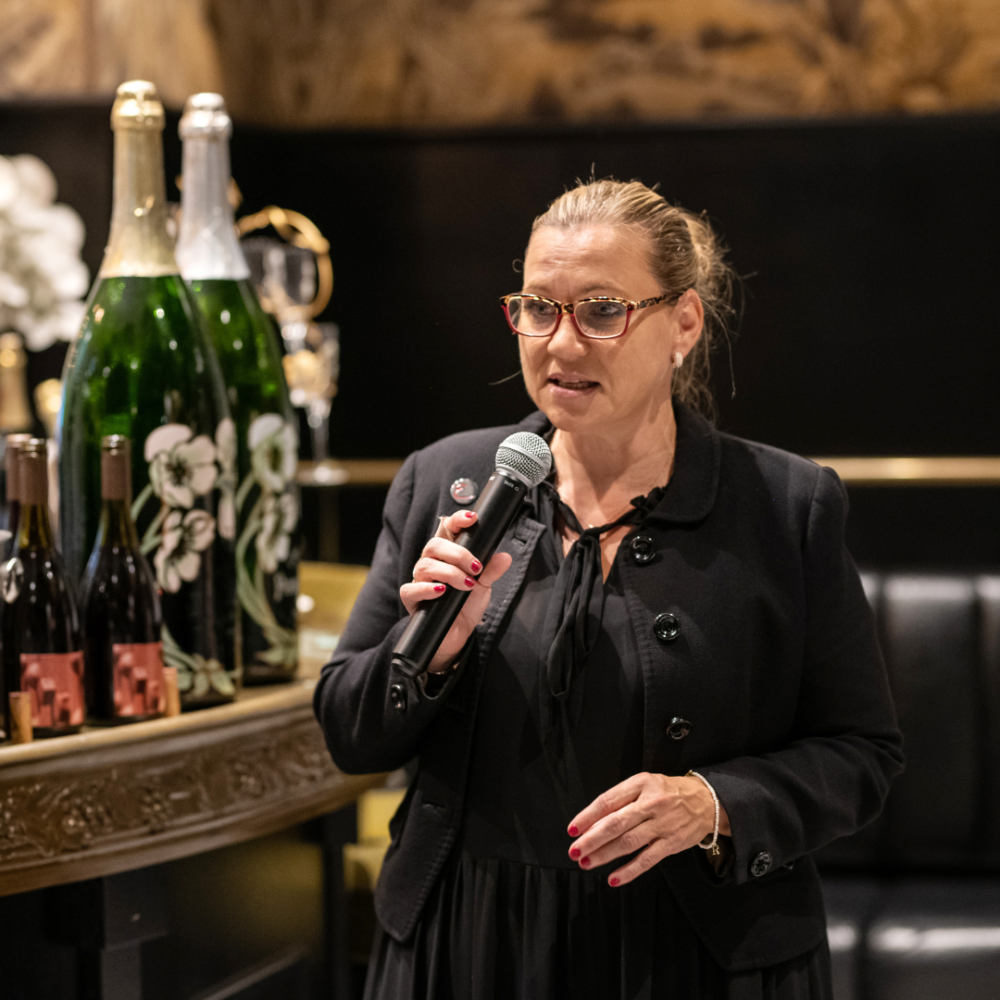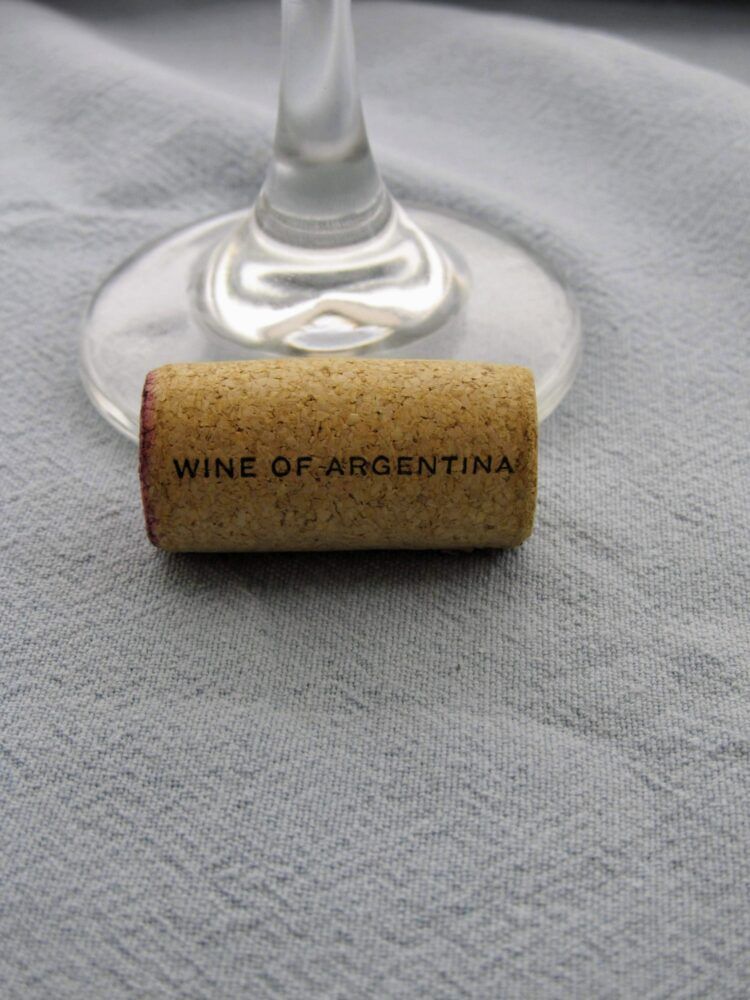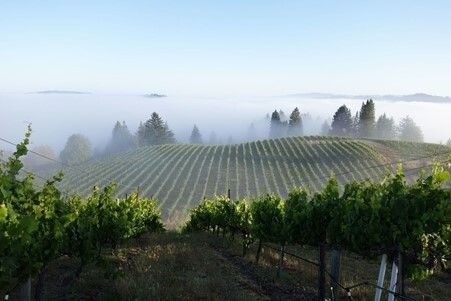Crazy about Champagne
Needing to find a special bottle of Champagne this May? With so many good sparkling wine options available at every price point and so many different reasons why each has a particular place in your head and heart, your glass need never be empty.
Crazy about Champagne
It may be a heart thing, but the big joy and happiness for me comes from Champagne. Great Champagne is a moment, from its fine elegant bubbles to its weightless opulence. Great Champagne dances on your tongue, delivering flavour in waves, refreshing itself with acidity and minerality. For me I crave the heady brioche notes, for others it’s fresh citrus but it will always be in harmony.
Richard Geoffroy, the long-time chef du cave of Dom Perignon, when asked what differentiates good Champagne from great Champagne. “There are two axes of intensity. One is length, persistence; one is depth,” he replied. “Many wines glide on the surface—they can be nice and easy and seductive—but they lack that verticality needed complexity for greatness.”
So, what makes Champagne so special and magical? For a start it’s totally unique from a very specific region in the most northern part of France that’s right on the cusp climatically of what is possible, to grow and ripen grapes. 20,000 grape growers holding their breath every year to see whether a crop of fruit will ripen or be destroyed by cold, frost, hail or lack of sunshine. There’s a limit on the amount of yield from the vine and how they are pruned, the grapes are picked by hand. The cost to growers just to get their grapes to harvest is amongst the highest in the world, not to mention being subject to strict rules set out by the CVC that they must follow in order to be able to sell their grapes for Champagne.
Any great wine depends on an intimate mix of terroir and climate, the skill of the wine maker, the will and rigour to select fruit and the nerve to wait and hope for the perfect balance of ripeness and acidity. In Champagne its these specific factor’s that give it freshness & acidity the backbone to any great quality Champagne.
An important skill that Bordeaux and Champagne wine makers both need is blending. There are single varietal wines in both the regions, more famously in Champagne with Blanc de Blancs from Chardonnay, but blending remains an artform.
The ingredients of Meunier, Pinot Noir and Chardonnay are planted in 320 villages with the Grand Cru vineyards being the most highly prized. There are over 35,000ha of vines divided into 280,000 different plots. Each plot is part of a mosaic of unique combinations of climate, soil and topography giving another layer of complexity to the art of varietal blending as these plots are picked and vinified separately. There are restrictions placed on how much juice you can press from the grapes, which again is heavily monitored.
Then once blended there are so many different paths from the yeast chosen to ferment the base wine, to the vessel the base wine is stored in like oak which is expensive. Bollinger retains their own Coopers, maintaining barrels from 5 to 100 years of age. The base wine is rested on lees for up to 3 years which adds more complexity, before its second fermentation in bottle. Once bottled the riddling begins to get the sediment from the yeast to the neck of the bottle, this is done by hand in some cases. Then comes the sitting tight for years in the 600 miles of underground cellars beneath the cities of Reims and Epernay, before releasing the vintage.
When Champagne does hit the shelf in Australia the leaders for NV can sit at $100 and the very best like Cristal 2012 might be $495. This is extraordinary value when compared to say Penfolds Grange 2015 at $900 and not ready to drink.
The key to happiness should be to make sure your glass is never empty!
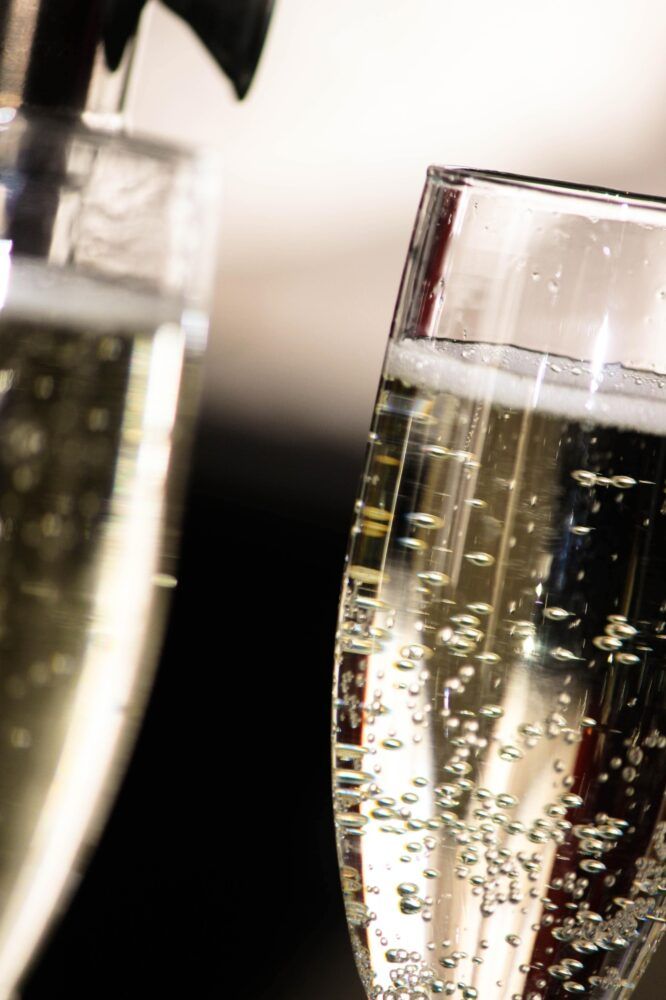
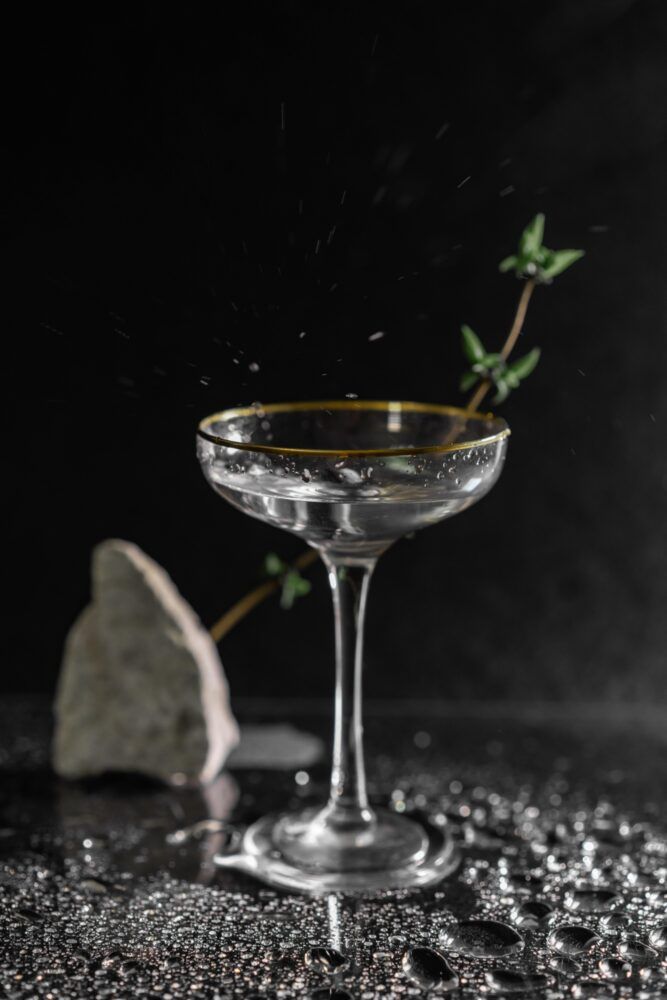

 Log in / Sign up
Log in / Sign up 

